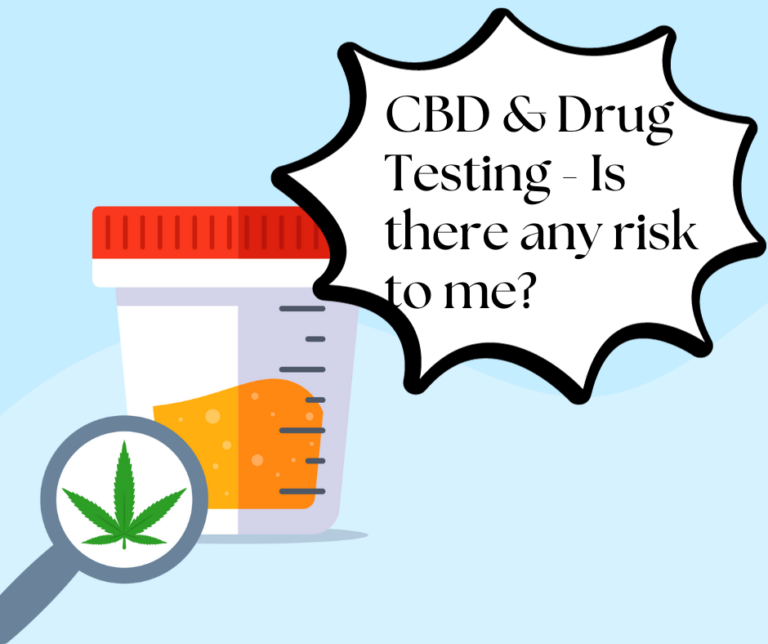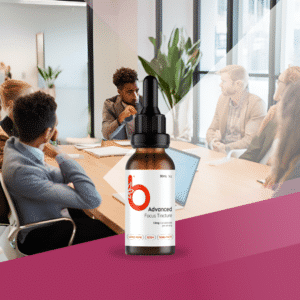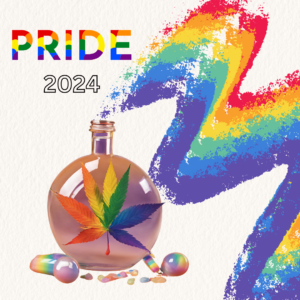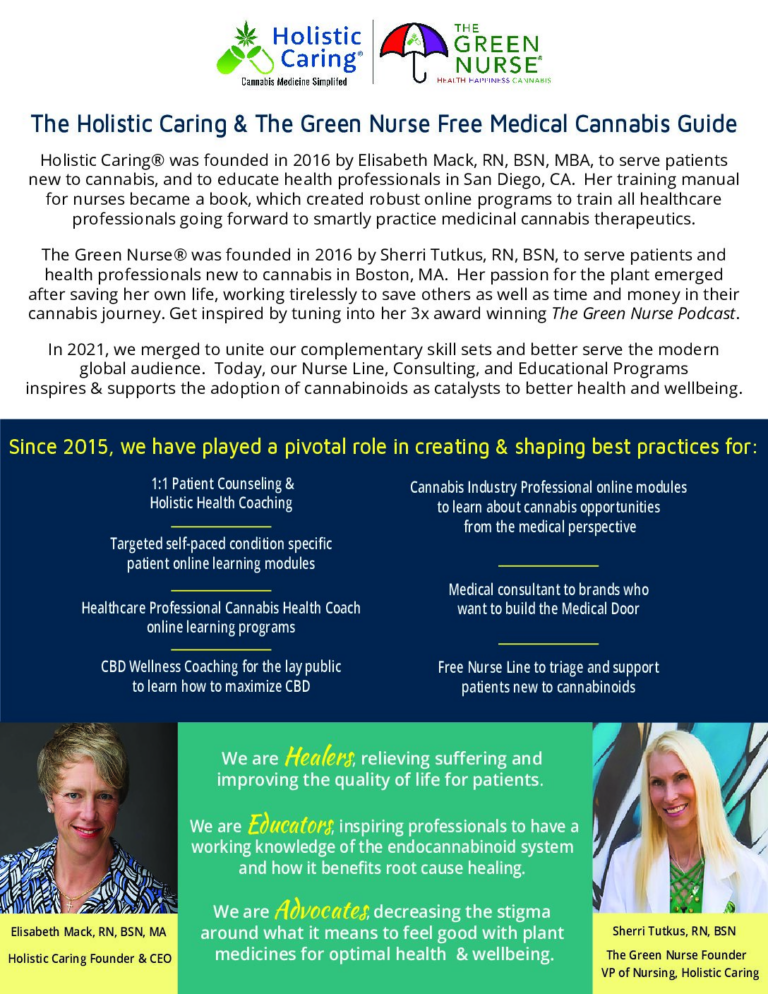
National Cleft and Craniofacial Awareness & Prevention Month
Mid-Month HC & GN Updates from Nurse Sherri July marks National Cleft and Craniofacial Awareness and Prevention Month. Children with cleft lip, palate, or other
Home » Blog » Medical Cannabis » CBD & Drug Testing – is there any risk to me?

Deciding to take CBD is a good move for your health, but what about your job? Unfortunately, prohibition and stigma still exist all around cannabis, including CBD. When people seek new employment, they may have to go through standard drug testing procedures looking for drugs of abuse. Some workers have random, spot checks where they are subject to stringent testing anytime. Let’s take a deeper look at the process and discuss how to stay safe.
CBD comes from the Cannabis Sativa plant, which can be grown for marijuana CBD with greater than 0.3% THC, or for industrial hemp CBD, with less than 0.3% THC. Since there are trace amounts of THC in hemp CBD, a high enough dose taken before a drug screen could yield a positive result for THC. Marijuana CBD is sold in cannabis dispensaries and is regulated and tested by the state licensing programs to prove potency, purity, and that is it free from any contaminants. Industrial hemp CBD is sold online or retail stores and is not well-regulated. Hemp CBD is self-policed, so testing for potency, purity, and contaminants needs to be done by the vendor who wants to do right by their customers. Every bottle of CBD on the market should have a COA or certificate of analysis, but there are costs associated with testing, and unscrupulous vendors do market items without testing. People buying hemp CBD deserve peace of mind knowing they can supplement for health, not be high, and not fail a drug test.
Urine drug screens look for THC and its metabolites. Most drug testing facilities follow the Substance Abuse and Mental Health Administration (SAMHSA) guidelines, and over 50 ng/ml THC detected will test positive. These tests can be very sensitive and trigger false positives, which should be confirmed with serum blood testing if a job is threatened. Simple over-the-counter drugs like Motrin may even trigger a false alarm. Some sensitive people can test positive after heavy exposure in a poorly ventilated room where friends are smoking marijuana. Risks exist, and people need to take measures to deal with them. People who know they will test positive for THC might get a prescription from their doctor for Marinol, the synthetic THC that is used for nausea and vomiting. Some carry ‘fake urine’ to use instead of their own in case of spot checks. Some check their urine at home before testing to be sure they’re clean prior to the formal test. This is understandable for THC, but CBD folks don’t want to worry.
On the employer side, it is understandable why they adhere to the letter of the law to satisfy federal rules. The 1988 Federal Drug-Free Workplace Act made it illegal to use drugs on the job so that others are not at risk. If your employer has federal contracts to protect, they cannot allow anyone to jeopardize those dollars. Until federal prohibition ends, and cannabis is no longer a Schedule 1 drug, we must be vigilant. There is no test for CBD, it’s all about THC.
To put things in perspective, let’s look at the risks of using industrial hemp CBD. According to Leafly, a bottle with 2000 mgs of hemp CBD at 0.3% could yield 6+ mgs of THC and tip the scales in 11-23% of tests. Daily doses of 25 mgs should yield 0.75mg of THC, hopefully undetectable. Hemp CBD has much less risk than cannabis CBD, and for those with zero tolerance, stay safe with a broad spectrum hemp CBD, where THC has been extracted completely.
Let’s clarify the CBD options for those who need to maintain a clean urine drug screen.
Hemp CBD should be safe to consume, have no intoxication, and not cause a positive urine drug screen for THC. If you’re worried about full-spectrum oil, choose broad-spectrum. Wellness benefits of hemp CBD; less anxiety, more focus, less stress, better sleep, less inflammation, and better moods need to also come with peace of mind.
All CBD products should be tested and have a 3rd party COA – the certificate of analysis by batch. If there are no labs, you should not buy the product. For those who want efficacy and safety, insist on the highest standards of care to protect your peace of mind, body, and spirit.
Call the Nurse Line! 1-970-404-HOPE (4673) during USA business hours to discuss with a Nurse!
Experience the ultimate CBD journey with the Bloom Hemp Sample Pack!
Discover the power of our 3 Essential Tinctures, indulge in our soothing Active Care Cream and Muscle & Joint Cream, and savor the blissful harmony of our Day & Night CBD Gummies.
All this for just $24.99. Unlock the potential of CBD today!

Mid-Month HC & GN Updates from Nurse Sherri July marks National Cleft and Craniofacial Awareness and Prevention Month. Children with cleft lip, palate, or other

Many individuals have expressed the opinion that there is a notable lack of research in the field of cannabis therapeutics, and we are inclined to

Let’s honor the past and continue advocating for a better future. The movement for medical cannabis, an instrumental part of modern healthcare, has a
Holistic Caring® is an umbrella of progressive health professionals who provide products & services to support and nourish the endocannabinoid system.
We serve the plant, the people and the planet for hope and inspiration for growth and healing to the patients we serve and the practitioners we work with.
We provide Educational Programs & Nurse Coaching Services.
Contact
© 2024 All rights reserved – Content Agreement – Privacy Policy – Terms – Accessibility Statement–Returns/Shipping/Cancellation
